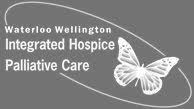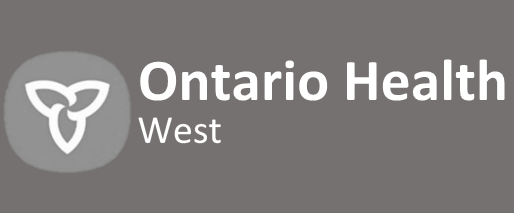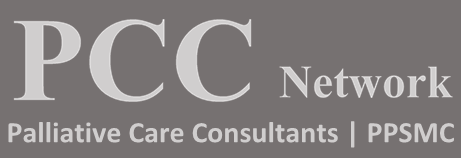Healthcare Provider Grief
Loss and grief are regular and normal parts of work as a healthcare provider. No matter your role, or the length of time spent caring for a patient and their family, you may be impacted by loss as they decline and die. The normalcy of loss and grief in healthcare work does not, however, mean that healthcare providers are expected to endure loss and grief unsupported. In fact, unacknowledged and unsupported loss and grief can negatively impact our own lives and the care that we provide to others.
End of a Therapeutic Relationship
The central purpose of a relationship with any patient or family is for their therapeutic gain. At times, the relationship may end abruptly with the patient’s transfer from our care or their death. Often this will occur when we aren’t working or without opportunity to close the relationship. This can leave us with a sense of loss.
Though we might often consider resources for patients and their families, learning about loss and grief can be helpful to healthcare providers to understand our own experiences:
Disenfranchised Grief
Myths exist around healthcare providers’ needs and abilities to reject grief – a normal human response to loss. Social, professional, and organizational cultures can contribute to healthcare providers feeling that their responses to workplace-related losses and their grief are unacknowledged and unsupported – this is known as disenfranchised grief.
It is important for healthcare providers to advocate for healthy grief process and policies that support themselves, as well as the patients and families they serve. Honouring the grief, we experience as our patients die, is a fundamental way we can ensure our own health and resilience to continue the good work we do. The Ontario Centres for Learning Research and Innovation in Long-Term Care (CLRI) has created a helpful webinar for healthcare providers on Honouring Grief and Increasing Resiliency.
Multiple Losses
In certain healthcare settings, loss and death happen more frequently than other settings. The cumulative effect of multiple or frequent losses can result in grieving that is lengthy and complex.
We have all experienced losses related to the COVID-19 pandemic as our healthcare system, patients and families struggle under the increased strain.
Wellbeing Waterloo has created a helpful resource on navigating grief, dying and death during the current pandemic.
Canadian Virtual Hospice has recently released a COVID-19 and Grief module for healthcare providers experiencing grief and loss, subsequent to the COVID-19 pandemic.
The Centre for Addiction and Mental Health (CAMH) has a comprehensive resource on “Loss, Grief, & Healing” which helps us to understand how the pandemic causes experiences of loss and grief, and how to move forward in the face of uncertainty.
Using Rituals to Move Through Grief
Check out these Grief Rituals for healthcare providers & families
Source
- Canadian Association of Mental Health (CAMH)
- Canadian Virtual Hospice
- Centres for Learning Research & Innovation in LTC (CLRI)
- Wellbeing Waterloo
- What’s Your Grief
Download Tip of the Month




